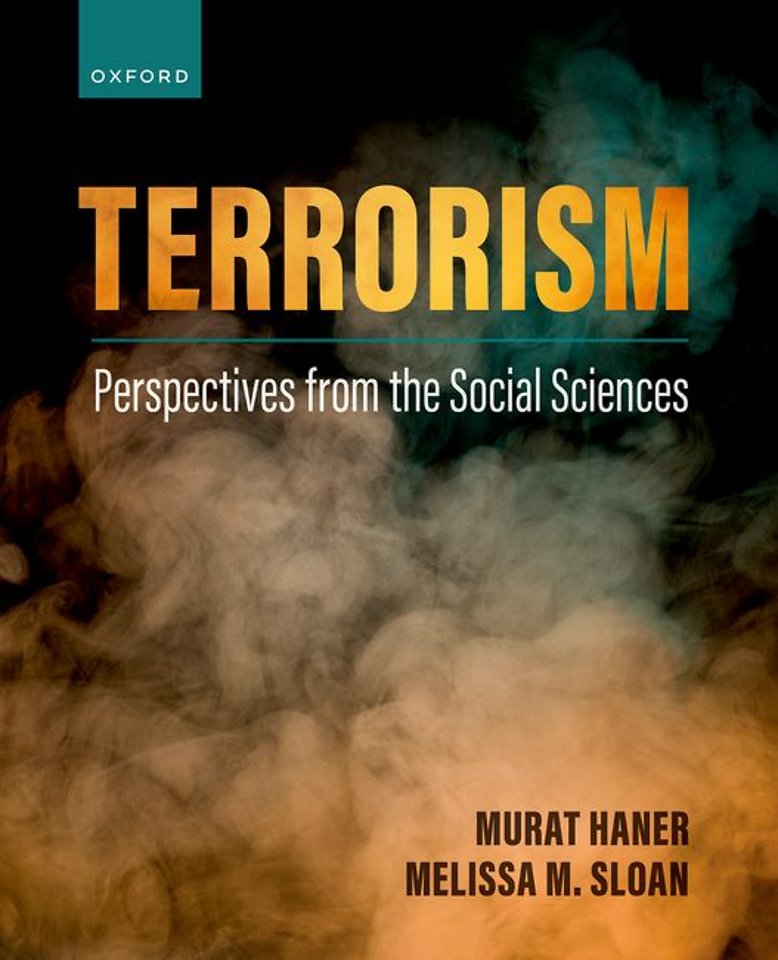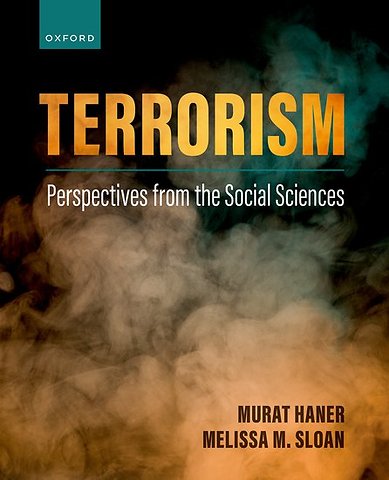Terrorism
Perspectives from the Social Sciences
Samenvatting
Terrorism: Perspectives from the Social Sciences uses a research-based approach to analyze terrorism and terrorist groups and to develop policy making guidelines. Real-world case studies and a dedicated art program are used to engage readers and demonstrate the severe, wide-ranging, and multifaceted impacts of terrorism and terrorists' actions.
The inclusion of the empirical literature and emphasis on the application of social science theory makes the text useful to students and academics in the disciplines of criminology/criminal justice, political science, sociology, and interdisciplinary terrorism studies.
Specificaties
Inhoudsopgave
Chapter 2. Living with the Terrorist Threat: The Psychosocial Impact of Terrorism
Chapter 3. Theories of Terrorism: Psychological, Sociological, and Criminological Explanations
Chapter 4. Why People Join Terrorist Groups: The Radicalization Process
Chapter 5. Women, Gender, and Terrorism: Exploring Gendered Pathways and Experiences
Chapter 6. Ideological Terrorism: Far-Left vs. Far-Right Political Extremism
Chapter 7. Nationalistic Terrorism: Ethnic Nationalism and Non-State Terrorist Violence
Chapter 8. Religious Terrorism: Terrorist Violence Motivated by Religious Imperatives
Chapter 9. Targets and Tactics: When, Where, and How Terrorists Kill
Chapter 10. Terrorism and the Media: Communication Strategies and their Consequences
Chapter 11. Financing Terrorism: How Terrorists Raise, Store, and Transfer Funds
Chapter 12. Countering Terrorism: Considerations for Shaping Effective Security Strategies
Chapter 13. Ethical Issues in Countering Terrorism: Emerging Technologies and Questionable Practices







